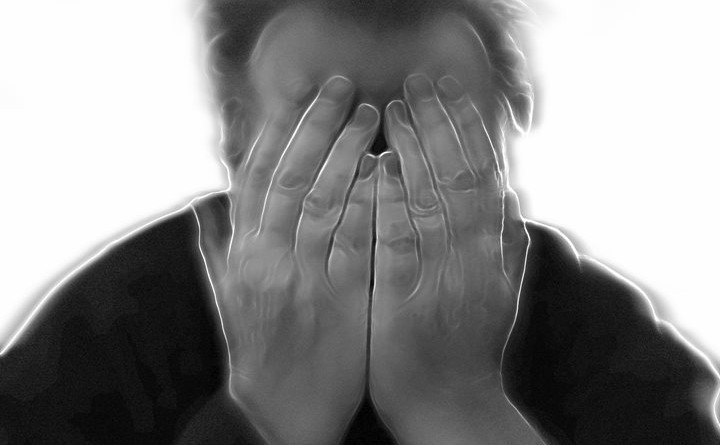Sometimes we all just get a little dizzy while other times that dizziness could be a condition known as vertigo. Vertigo is a sensation of dizziness makes it feel as if you’re spinning in a circle at an alarming rate. It can be very unsettling and interrupt the most mundane daily tasks. It can also be very serious.
While most causes of vertigo aren’t life-threatening able to be treated with therapy, prescription drugs, and home remedies, other occurrences may be way more severe. Vertigo could be a sign of stroke or perhaps a symptom or result of several dangerous conditions. Here are six of those conditions from which vertigo may occur.
Benign Paroxysmal Positional Vertigo (BPPV)
BPPV is an inner-ear condition where the otolith breaks free from the center of the ear cavity and into one of the ear canals. The pressure of this displacement results in vertigo. Every turn or shift of the head causes the otolith to move within the ear canal. This plays hectic tricks to the brain, bringing on severe, uncomfortable dizziness. The good news is head movement exercises can allow the otolith to become repositioned out of the ear canal, relieving the discomfort of vertigo.
Meniere’s Disease
Within the inner ear is a sac of fluid, and within that sac of fluid is another sac of fluid. The condition known as Meniere’s Disease is when an imbalance occurs between the two fluids, mixing them together and causing a buildup. Anyone between the ages of 30 to 50-years-old may encounter Meniere’s Disease, resulting in hearing loss, a consistent ringing in the ears, and finally, vertigo. Vertigo experienced with Meniere’s can last anywhere from minutes to hours at a time and happen several times a week to less than once a year. Medications can help relieve these symptoms and fortunately after a few years with the disease, cases of vertigo become less consistent and less severe.
Vertebrobasilar Transient Ischemic Attack (TIA)
When an artery becomes faulty or a blood clot forms, stopping the proper flow of blood to the brain, this is when a stroke may occur. If the blood dissolves before a stroke takes place, this is known as a transient ischemic attack. When TIA occurs, the lack of blood to the brain causes issues with moving, motor functions, and breathing, and a result of this is vertigo. Unlike vestibular nerve or inner ear cases which cause vertigo, afflictions to the brainstem lead to what is known as “central vertigo.” It’s able to be treated just like most other cases of vertigo and can be used to see if future fear of stroke is possible down the line.
Vestibular Neuritis
Vestibular neuritis is when a virus causes inflammation to the vestibular nerve. One of the key symptoms of this inflammation is a bout of vertigo. While this disorder can be treated, it more or less can resolve itself without needing treatment. The downside to this, however, is that the vertigo one experiences before the inflammation subsides can be very excruciating indeed. A rare residual imbalance can also occur, stretch out the symptoms of vestibular neuritis for much longer, though at a much more mild extreme.
Vestibular Paroxysmia
While one long vertigo attack may be painful to experience, it may be preferable to multiple short attacks that reoccur over a longer span. This form of vertigo is a symptom of vestibular paroxysmia, a result of blood vessels push against certain cranial nerves. To fix vestibular paroxysmia, and get rid of the vertigo, doctors may prescribe medication or even perhaps suggest surgical procedures to correct it.
Vestibular Migraine
Not only is vertigo the result of problems with the brainstem, the actual brain itself. Central vertigo is a symptom of vestibular migraines along with fatigue, tingling, numbness, and a sensation of feeling weak. Having a migraine can be frustrating enough, but to have one along with extreme vertigo that comes with a vestibular migraine can be too much indeed.
Featured Image Source: pixabay.com




